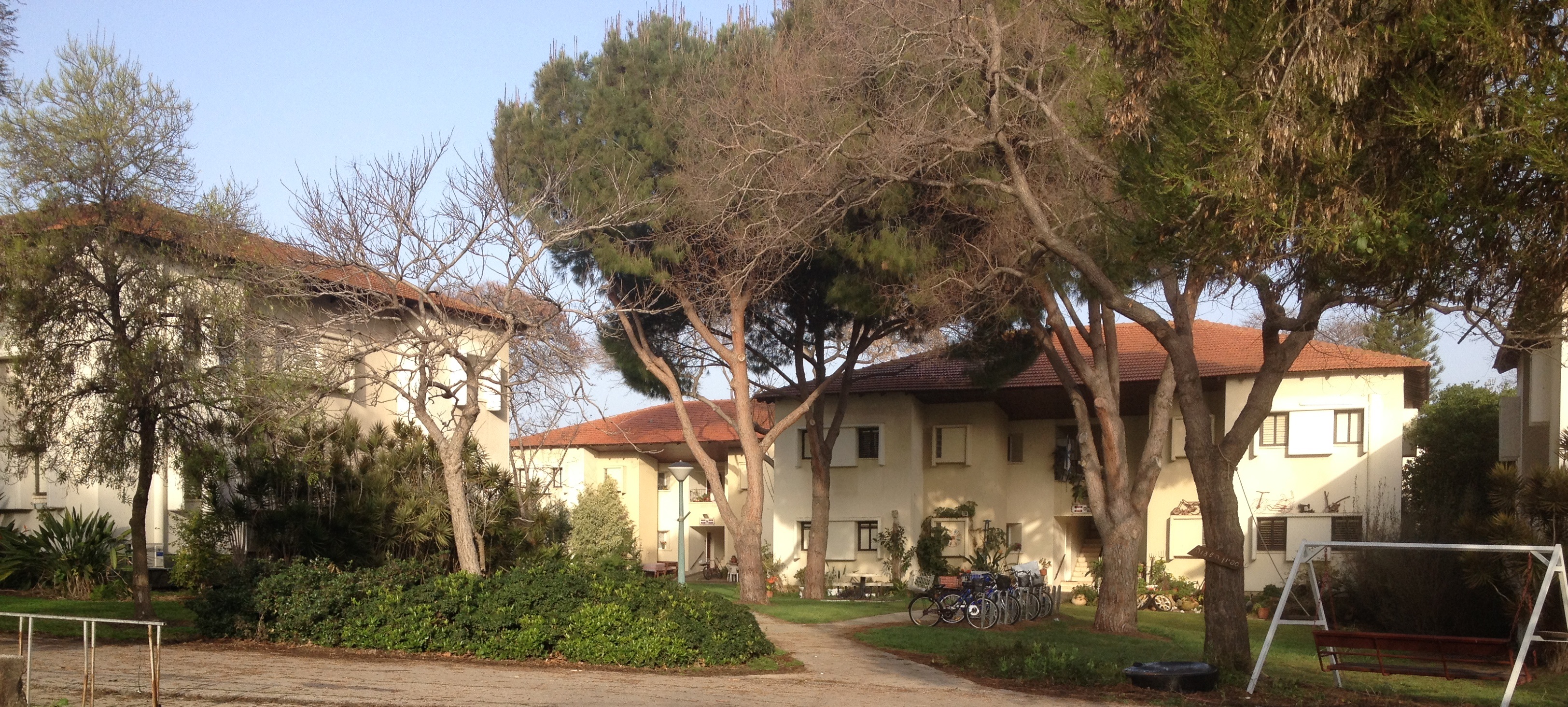
Document Review
A consultant usually will ask the client to send pertinent documents about the convening problem or need and will review these documents before arriving at the organization. Some documents should be read carefully, especially those concerning goals, policies and outcomes related to the convening problem or need. Additional documents can be reviewed quickly for broad themes and particularly unique or contradictory perceptions or recommendations. The review of technical documents will be limited by the technical knowledge of the consultant and may require him to request additional explanations from members of the organization.
Unobtrusive Measures
Other types of information found in reports, order forms, budgets, and related archival sources are of value, even if they do not have to do directly with the convening problem, for archival sources of information tend to be nonreactive or unobtrusive. The collection of this information will not disrupt or influence the continuing events of the institution. Graffiti, prevalent jokes, minutes from important committee meetings, and records of equipment use are of comparable value. These unobtrusive measures tend to be descriptively rich and persuasive. They reveal something about the “real life” of an institution.
Obtrusive Measures
The reactions to certain data collection procedures are also of some benefit, for these reactions tell much about organizational strengths, problems and milieu. The way in which a consultant is “wined and dined”, for instance, may be indicative of the manner in which inclusion takes place in this organization. Inclusion is, in turn, an important determinant of organizational morale, interdependency and information flow. Similarly, to the extent that a consultant disrupts the flow of work when observing it, one can infer (with confirming evidence from other sources) that there is no precedent for peer observation and probably strong attitudes supporting professional autonomy. Such information has value when interpreting the apparent success or failure of a project to influence professional behavior. The response of people to the current consultation or to a previous consultation is indicative of attitudes, goals and receptivity to change. The obtrusive event serves as litmus paper. It reveals prevailing attitudes at an institution.







